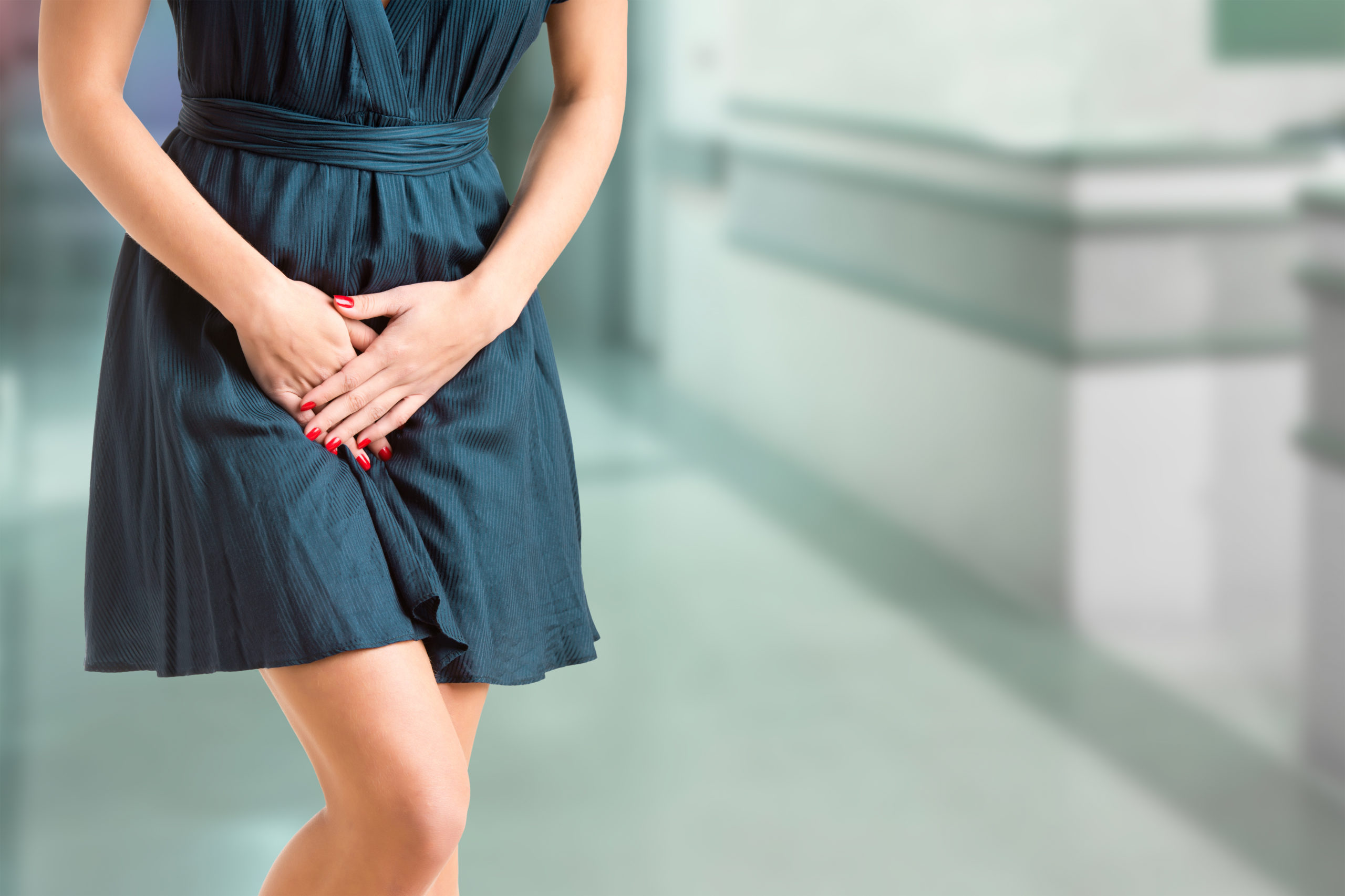
Always feel like you have to go? Avoiding these dietary culprits may help curb your urge.
Having an overactive bladder isn’t fun. You may feel the need to urinate frequently or get sudden urges to urinate that are difficult to control. The good news is that dietary changes can sometimes help people with an overactive bladder manage symptoms. There are also other treatments that may help.
How does what you eat affect your bladder?
It’s easy to understand that limiting fluid intake can decrease your need to urinate. But you may not realize that avoiding certain foods may also help. That’s because some foods can irritate your bladder, making symptoms worse. Although the list of foods that helps or hurts may vary from person to person, there are some common foods that may make overactive bladder symptoms worse.
What foods worsen an overactive bladder?
The foods listed below have been shown to increase symptoms of overactive bladder in some people. To determine whether they affect you, try to eliminate one food at a time for a few weeks and see if your symptoms improve. If you eliminate multiple foods at once, you may not know what’s actually helping (and may wind up avoiding foods you don’t need to avoid).
-
- Tomatoes – The acidity in tomatoes may irritate your bladder. Foods that contain tomatoes, such as pasta or pizza sauce, ketchup and salsa, may also affect symptoms.
- Citrus fruits – Foods like oranges, grapefruits, lemons and limes are also acidic and can affect bladder control.
- Cranberries – You may be surprised by this one because many people believe cranberry juice is good for the bladder, helping to relieve symptoms of urinary tract infections. But like tomatoes and citrus fruits, these tart fruits are acidic and can be bladder-irritating.
- Onions – Although a bladder irritant to some, you may be able to eat onions without consequence if you cook them first. Some people find onions are only irritating when eaten raw.
- Sugar and sugar substitutes – Natural and artificial sweeteners may increase overactive bladder symptoms in some people. Limiting sweeteners may help improve symptoms, and provide other health benefits, too.
- Spicy foods – Just as people have a different tolerance for spicy tastes, so too can spices affect bladder control differently. This may require some trial and error to figure out what spices or what level of heat is bothersome.
- Processed foods – It’s hard to know exactly what ingredients in processed foods are the culprit, but by limiting consumption, you’ll be reducing your exposure to many artificial ingredients and preservatives that are potentially bladder-irritating. Processed foods are also not great for your health overall, so your body will thank you for giving them the boot.
- Caffeine and carbonation– Limiting beverages overall may ease overactive bladder symptoms, especially those containing caffeine and/or carbonation. Foods with caffeine, such as chocolate, may also affect your bladder.
- Alcohol – Not only can alcohol irritate your bladder, but it may also disrupt the signals between your bladder and brain that tell you it’s time to go. Some people find that even if they don’t have an overactive bladder, alcohol increases the frequency and urge to urinate.
Copyright 2022 © Baldwin Publishing, Inc. All rights reserved.
Health eCooking® is a registered trademark of Baldwin Publishing, Inc. Cook eKitchen™ is a designated trademark of Baldwin Publishing, Inc. Any duplication or distribution of the information contained herein without the express approval of Baldwin Publishing, Inc. is strictly prohibited.
Date Last Reviewed: September 13, 2022
Editorial Review: Andrea Cohen, Editorial Director, Baldwin Publishing, Inc. Contact Editor
Medical Review: Jane Schwartz, RDN, CLT
Learn more about Baldwin Publishing Inc. editorial policy, privacy policy, ADA compliance and sponsorship policy.
No information provided by Baldwin Publishing, Inc. in any article is a substitute for medical advice or treatment for any medical condition. Baldwin Publishing, Inc. strongly suggests that you use this information in consultation with your doctor or other health professional. Use or viewing of any Baldwin Publishing, Inc. article signifies your understanding and agreement to the disclaimer and acceptance of these terms of use.